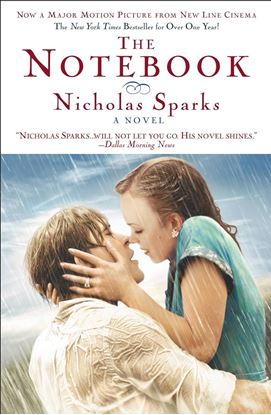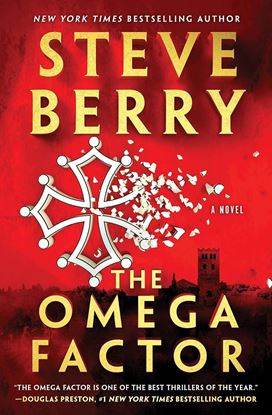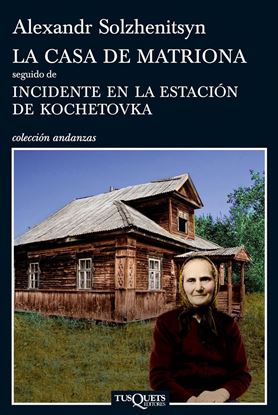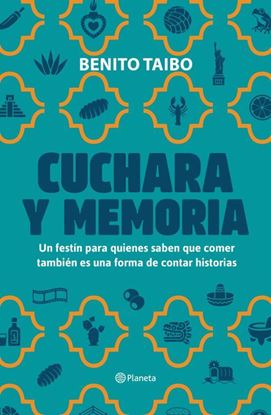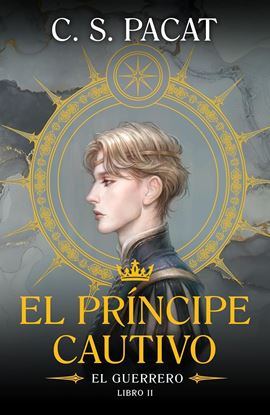

THE NOTEBOOK
At thirty-one, Noah Calhoun, back in coastal North Carolina after World War II, is haunted by images of the girl he lost more than a decade earlier. At twenty-nine, socialite Allie Nelson is about to marry a wealthy lawyer, but she cannot stop thinking about Noah. Thus begins the story of a love so enduring and deep it can turn tragedy into triumph, and may even have the power to create a miracle...
Every so often a love story so captures our hearts that it becomes more than a story—it becomes an experience to remember forever. The Notebook is such a book. It is a celebration of how passion can be ageless and timeless, a tale that moves us to laughter and tears and makes us believe in true love all over again...
1,250
THE OMEGA FACTOR
When Nick travels to Belgium for a visit with a woman from his past, he unwittingly stumbles on the trail of a legendary panel from the Ghent Altarpiece, stolen in 1934 under cover of night and never seen since. Soon Nick is plunged into a bitter conflict, one that has been simmering for nearly two thousand years. On one side is the Maidens of Saint-Michael, les Vautours—the Vultures—a secret order of nuns and the guardians of a great truth. Pitted against them is the Vatican, which has wanted for centuries to both find and possess what the nuns guard. Because of Nick the maidens have finally been exposed, their secret placed in dire jeopardy—a vulnerability that the Vatican swiftly moves to exploit utilizing an ambitious cardinal and a corrupt archbishop, both with agendas of their own.
1,250
EL ALIENTO DE LOS DIOSES (CANTOS) (BOL)
Hace años, el monarca de Idris firmó un tratado con el reino de Hallandren según el cual el rey Dedelin enviaría a su hija mayor, Vivenna, para casarse con Susebron, el rey-dios de Hallabdren. Vivenna ha sido adiestrada durante toda su vida para ser una novia adecuada para Susebron y así cumplir con su deber y ayudar a forjar una paz estable entre los dos reinos. Ese era el plan, pero el monarca de Idris envía a su hija Siri, desobediente e independiente, en lugar de Vivenna.
Mientras intenta encontrar su lugar en la corte de Susebron, Siri descubre la verdad oculta sobre el rey-dios. En Idris, Vivenna se siente intranquila y teme que su hermana no esté preparada para esa nueva vida, por lo que decide viajar a Hallandren. Allí se reúne con la gente de Idris que trabaja en la capital, Telir, y comienza una nueva vida de espionaje y sabotaje.
1,250
LA CASA DE MATRIONA
En 1956, tras dejar atrás su terrible experiencia en el gulag, Alexandr Solzhenitsyn deseaba perderse en un apacible rincón de la URSS, y se ofreció en las oficinas de empleo como profesor de matemáticas. Mientras buscaba alojamiento en el pueblo al que lo destinaron, vio la isba de Matriona, una anciana viuda que vivía con un gato paticojo y una cabra por toda compañía, y decidió quedarse. En los fríos meses en que se hospedó en su casa, Solzhenitsyn comprendió que Matriona, generosa pero despreciada, «era precisamente el justo sin el cual, como en el dicho, no se tendrá en pie la aldea»: su vida inspiró La casa de Matriona. Otro es el protagonista de Incidente en la estación de Kochetovka, el teniente Zotov, asistente del comandante militar de una estación de tren durante la segunda guerra mundial. Lejos de su mujer, y lamentando que no le hayan destinado al frente, Zotov dirige el tránsito de convoyes y soldados con firmeza, eficacia y ecuanimidad; pero cierto día se presenta en su oficina un hombre afable, en una circunstancia desconcertante, que pondrá a prueba sus creencias.
1,250
CUCHARA Y MEMORIA 2
Como y recuerdo, recuerdo y como». Con ese mantra como guía, Benito Taibo regresa a los sabores, olores y texturas que han marcado su vida. En este segundo tomo de Cuchara y memoria, que abarca de la langosta al zapato, el autor continúa hurgando en su historia personal y en la memoria colectiva para revivir aquellas comidas que le han provocado asombro, nostalgia, risas y, también, más de una decepción memorable. Aquí no hay reglas ni jueces: cada quien tiene su forma de «agarrar el taco». Y lo importante, insiste, no es solo recordar, sino divertirse en el camino. Este libro es una invitación a leer con hambre y a compartir el viaje de un autor que escribe con honestidad, humor y un enorme amor por la comida.
1,250
EL PRINCIPE CAUTIVO: EL GUERRERO (II) MX
El príncipe cautivo: El esclavo es el comienzo de una trilogía de fantasía romántica y oscura, donde nada ni nadie es lo que parece. Quien menos esperas puede ayudarte o traicionarte.
Damen es un guerrero y un héroe para los suyos, así como el heredero legítimo del trono de Akielos. Pero cuando su hermanastro se hace con el poder, lo capturan, le arrebatan su identidad y lo envían a servir al príncipe de una nación enemiga como esclavo de placer.
Su nuevo amo, el príncipe Laurent, es guapo, manipulador, mortífero y encarna lo peor de la corte de Vere. Pero en la letal telaraña política de la corte vereciana, nada es lo que parece y, cuando Damen se ve en medio de una pelea por el trono, tiene que unirse a Laurent para sobrevivir y salvar su país.
Para Damen solo hay una norma: no revelar jamás su verdadera identidad, porque el hombre a quien necesita es aquel que tiene más razones que cualquiera para odiarlo.
1,250


